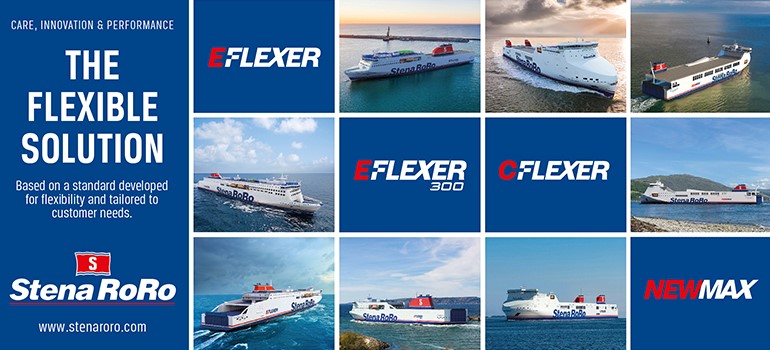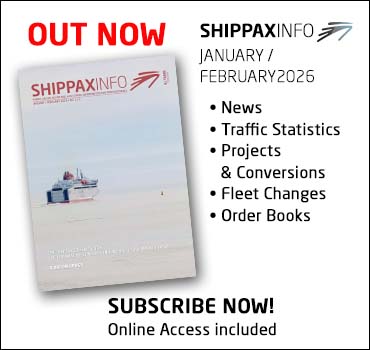Maritime transport of rubber-tyred vehicles secured with measures taken by the National Emergency Supply Agency
The National Emergency Supply Agency is quickly launching financial support measures to particularly secure the flows of goods that are important to the security of supply from Finland to Sweden and the Baltic countries and, through them, to Central Europe.
Maritime transport accounts for roughly 80% of Finnish imports and roughly 90% of exports, and ships transport roughly a million trucks carrying imported or exported goods every year. Passenger car ferries play an important role as transporters of rubber-tyred vehicles, and they transport great amounts of food, medicine and other consumer goods. Much of this cargo is essential to the security of supply and economy of Finland.
"The measures to control the coronavirus epidemic have now practically stopped passenger traffic on passenger car ferries, the revenue from which is necessary for the operations' economic viability. Because of this, we will take measures to secure cargo transport for the next few months," CEO of the National Emergency Supply Agency Tomi Lounema says.
Transport companies will continue to pay shipping companies for the journeys aboard ships as usual. In addition to this, the government will start paying financial aid to shipping companies to cover the difference between income from cargo transport and the income level required for economically viable operation. Excess financial aid may be recovered afterwards. The financial aid allows transport operations to be maintained at the breakeven point.
Financial aid will be granted for the next three months, and continuation of the support measures will be considered if required by the epidemic situation. Cargo transport will be secured until the situation returns to normal.
The support arrangement applies to seven passenger car ferries
The support arrangement applies to five passenger car ferries operating under the Finnish flag, one ferry operating under the Swedish flag and one ferry operating under the Estonian flag. The ferries operate on the Helsinki-Tallinn, Turku-Stockholm and Vaasa-Umeå routes. The ferries operating between Turku and Stockholm also ensure the continuation of cargo transport from the Åland Islands to Finland and Sweden. RoRo and RoPax transport to Germany and other parts of Europe is profitable activity that occurs on market terms and does not require support.
"The National Emergency Supply Agency will grant the financial aid on application by shipping companies and set out the terms of the financial aid in the aid decision. The National Emergency Supply Agency may also, if necessary, prioritise the most critical transport, such as the transport of food and medicine and transport related to health care," Lounema says.
The National Emergency Supply Agency is prepared to spend EUR 45 million on measures. The financial aid will be granted in compliance with the EU's legislation and support mechanisms, and the European Commission will be notified of it by the Ministry of Economic Affairs and Employment. This measure demonstrates the agility and strength of the national security of supply arrangements and serves as a good example of the close cooperation between government agencies and the business community.
mar 27 2020


















